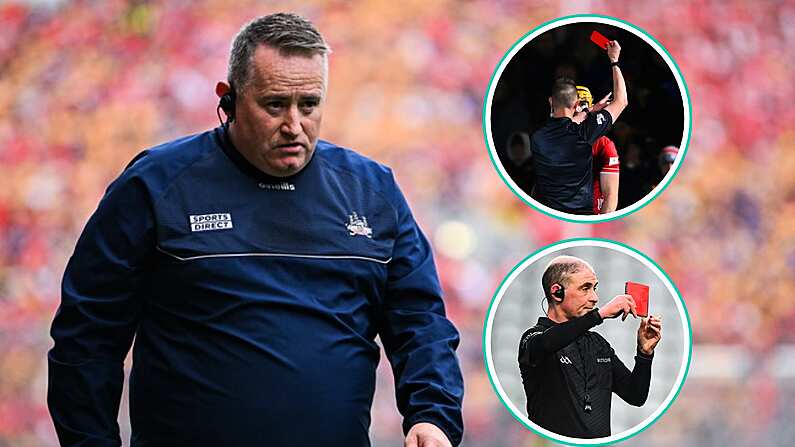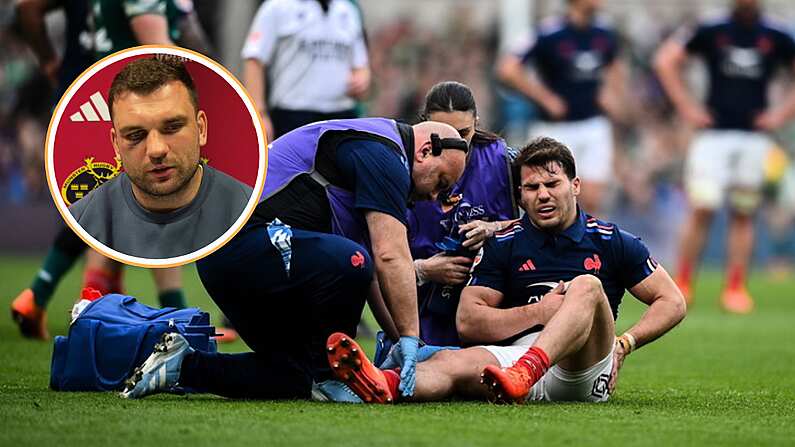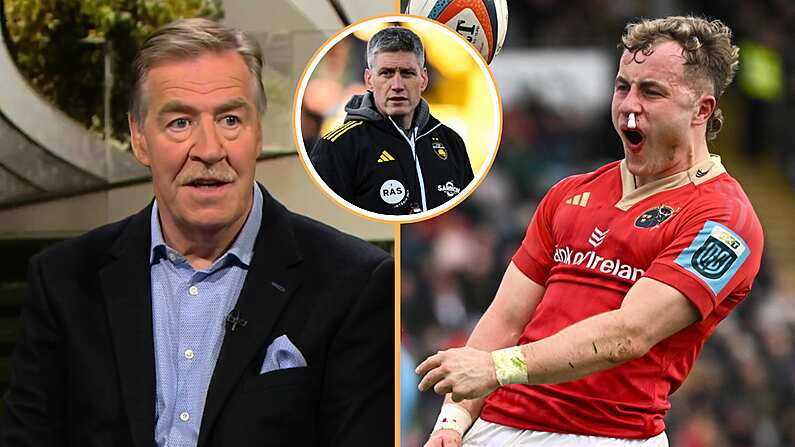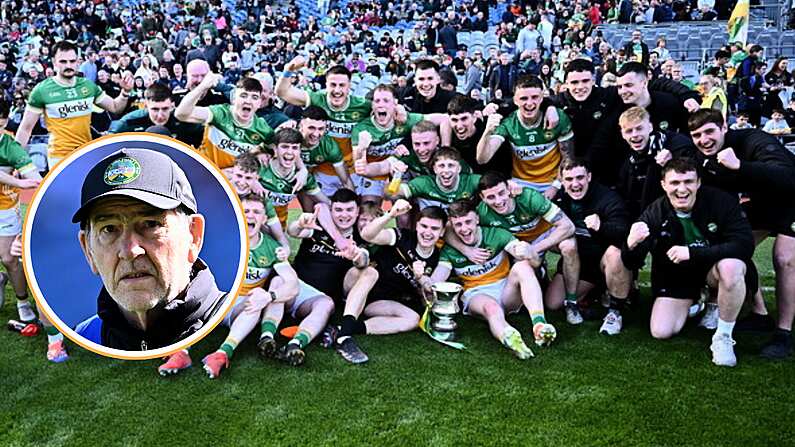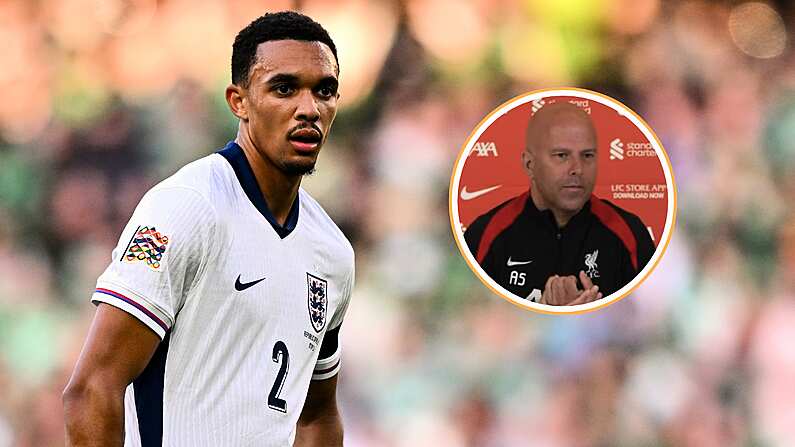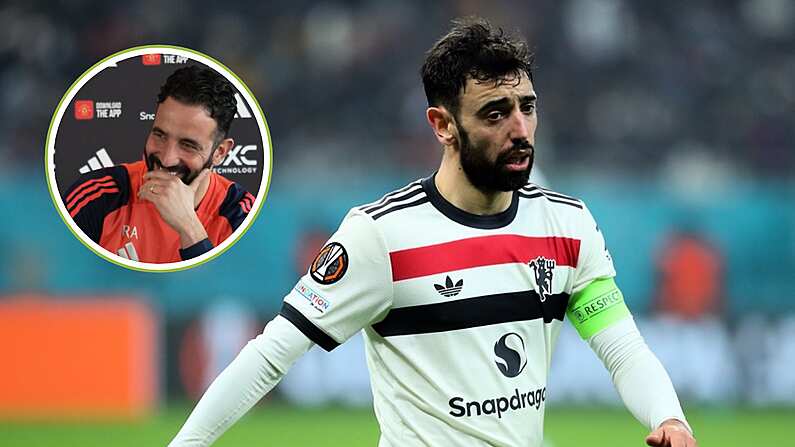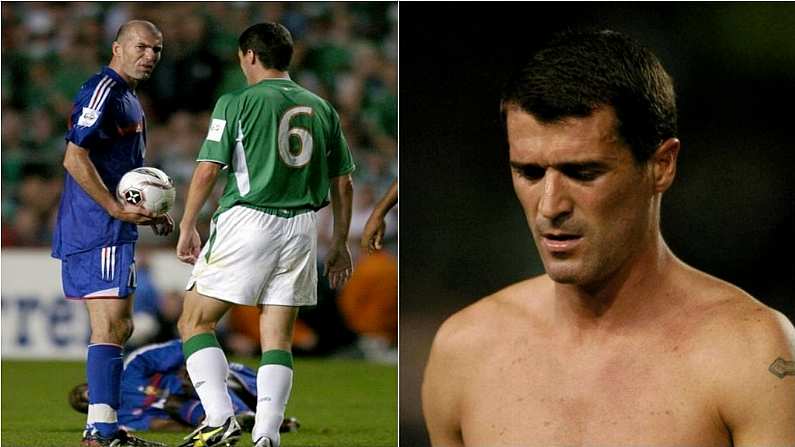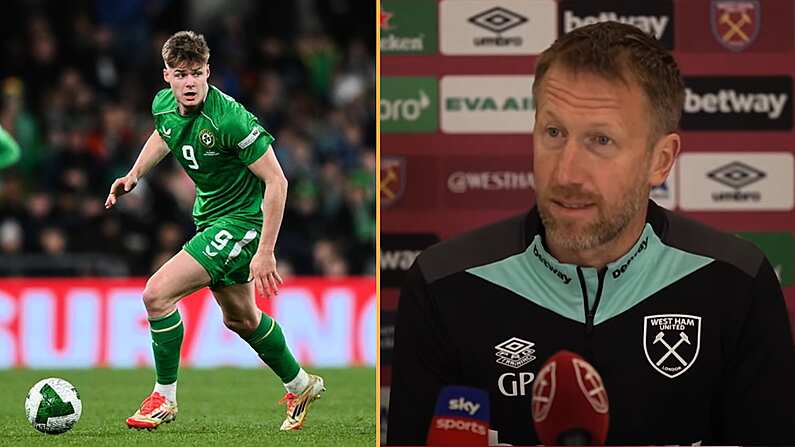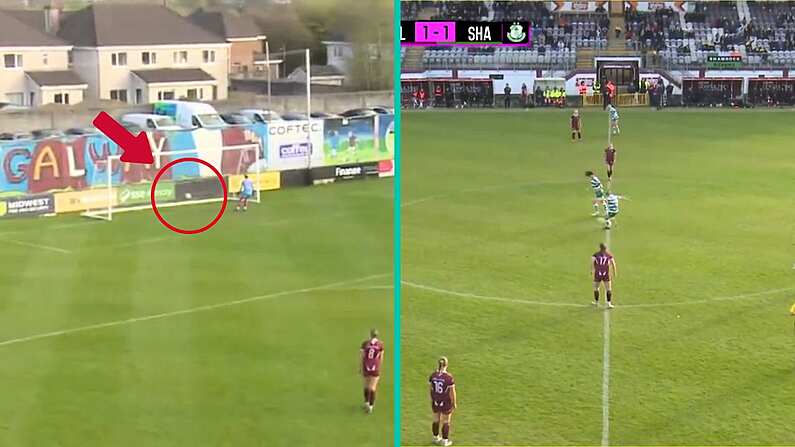When we had bad times here, the club stood by me, all the staff stood by me, the players stood by me. Your job now is to stand by our new manager.
One of the standard arguments for extending David Moyes' traumatic tenure as United manager is that the blessed Fergie himself had his own tough days in the early years. But Ferguson's start was hardly as bad as this, was it?
The first thing to say is that the clubs the pair walked into were barely comparable. Moyes walked into a trophy machine the likes of which English football had never seen, Fergie walked into a frustrated club with a grand history that was failing to deliver again and again. The only similarity was that there were a couple of senior players who were shortly to move on.
Ferguson was appointed manager on 6 November, 1986 with United lying 19th in the table, hovering just above the relegation zone (it was a 22 team League in those days). The first thing to recall is that this was an atypical position, even in the Ron Atkinson era. Atkinson had by no means the worst record of those that occupied the job between Busby and Ferguson. In his five years between 1981 and 1986, United occupied the flamboyant underachiever position, never finishing anywhere other than 3rd or 4th in the table. The fans had to be sated by a couple of FA Cup wins in 1983 and 1985 and the odd memorable night in Europe. They knocked Diego Maradona's Barcelona out of the UEFA Cup in 1984, coming from 2-0 down after the first leg to win 3-0 in Old Trafford (Olympiakos game?)
Ferguson's first game as United's manager was almost comically inauspicious. A 2-0 defeat away to Oxford United on a muddy pitch in a poky ground; a more 80's scene you couldn't imagine. All you needed was Saint and Greavsie joshing about the result afterwards.
Afterwards United rallied to finish 11th and that relatively lowly finish was not Ferguson's doing. A more interesting example is where United finished in Ferguson's first full season. Contrary to the myth that Ferguson endured a terrible start at United, they in fact finished runners-up in 87/88. Distant runners-up for sure, Kenny Dalglish's scintillating Liverpool team won the title at a canter, but runners-up all the same. They lost just five games all season, and won 23.
In the summer of 1987, Fergie bought Viv Anderson from Arsenal and Celtic's prolific striker and Margaret Thatcher-hating socialist Brian McClair. The latter was a massive success, scoring 24 goals that season. He was beaten in the scoring charts by John Aldridge who at that time couldn't stop missing for the Republic of Ireland.
Ferguson himself doesn't attach too much importance to the achievement of coming second that year, quickly remarking upon the gap between United and Liverpool. Ferguson's early years are mainly remembered for him battling the incredibly resilient drinking culture within the club.
Whereas Big Ron would be buying the players drinks, Ferguson famously had a crack team of people who would inform him of McGrath and Whiteside's activities on night's out.
Interestingly, United had gone from being a club loaded with Irish players in 1986 to one with no Irish players on their books just before the arrival of Denis Irwin in 1990. For whatever reason, possibly because his Rangers' associations weren't as well known, Ferguson rightly escaped the silly anti-Irish rumours that dogged Graeme Souness for a while (he is a Michael Collins fan after all).
In the short-term, Fergie's decision to dispense with McGrath, Whiteside and co would lead to a notable drop in performance. He threw it all on the youth team grouping dubbed 'Fergie's Fedglings', a kind of poor man's Class of '92, which featured names like Lee Martin, Russell Beardsmore and Mark Robbins. After a reasonable opening to the 88/89 season (they were 6th at the turn of the year, hardly sensational but just behind a stuttering Liverpool) United collapsed towards the end of the season and slumped to 11th, a position Ferguson achieved without any help from his predecessor.
The calender year 1989 was the nadir for Ferguson. On 2 May 1989, only 23, 368 people were persuaded to come to Old Trafford to watch United beat Wimbledon in a meaningless end of season League game, the kind United only ever participated in later years when they were mathematically assured of the title. Near the year's end, they were wiped out 5-1 at Maine Road, with Mark Hughes spectacular goal being the only saving grace. By the time the FA Cup rolled around, United lay perilously close to the relegation zone in 15th (this time in a 20 team league).
The role of Mark Robbins' goal in that match in saving Fergie's job is up there with Roy Keane's performance in Turin in the United hall of cliches. The following season they climbed to 6th and won the European Cup Winner's Cup in Rotterdam. United were in a different arena from then on.



